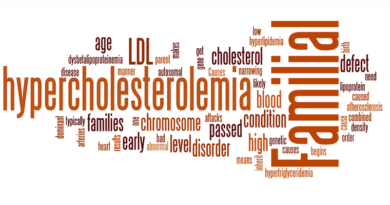Transgender Individuals & Heart Disease

Population studies report characteristics of participants. Some characteristics differ, but age and sex are always reported. Some conditions are sex relevant e.g. only men get prostate cancer and men die more from premature heart disease than women. Since sex is such a fundamental characteristic, it occurred to me to question if trying to change sex has any impact on heart disease.
I started with a systematic review of existing literature and concentrated on research where there were specific outcomes, not markers, like cholesterol. I reviewed four comparisons: males wanting to be female (M->W) compared to both males and females, and females wanting to be males (W->M) compared to both males and females. The objective was to ascertain how the administration of sex hormones and/or surgical produres influences cardiovascular outcomes.
Early studies from 1989 found no significant differences in heart attack rates between transgender individuals and their non-transgender counterparts. However, more recent research shows a different picture. A 2011 study revealed a 51% higher mortality rate among transgender individuals compared to the general population, primarily attributed to factors such as suicide, HIV infection, substance abuse, and cardiovascular disease.
This study also revealed a striking three times higher risk ratio for cardiovascular mortality among M->W individuals using oestrogen, while W->M individuals did not display a similar increased risk. Other studies consistently demonstrated higher risk ratios in transgender individuals compared to non-transgender populations, suggesting a potential causative connection.
Uncertainties cloud the long-term impact of hormone therapy and surgery, as most research primarily focused on younger transgender individuals. Stroke risk was found to be higher among M->W individuals who used oestrogen over an extended period, but evidence regarding hypertension remains unclear.
The evidence regarding the cardiovascular implications of medical interventions for altering sex characteristics is mixed. While some studies indicate potential harm, others do not. The high suicide rates among transgender individuals, even after undergoing hormone therapy, underscore the significance of informed consent and medical professionals should provide comprehensive information about potential risks alongside the benefits.
Guiding young individuals through the process of informed consent also presents challenges, as they may not fully comprehend the long-term risks involved. Communication should emphasise potential impacts on cardiovascular health as the increased risks can be significant.


